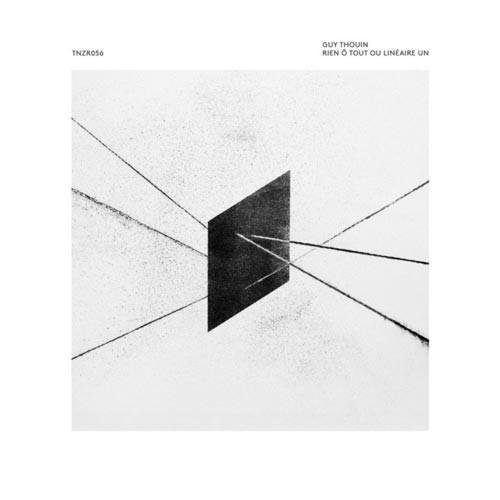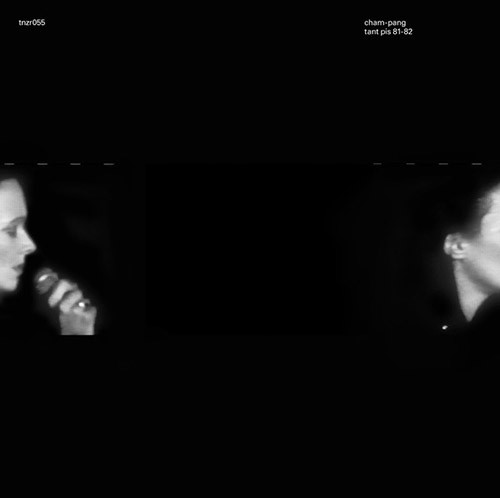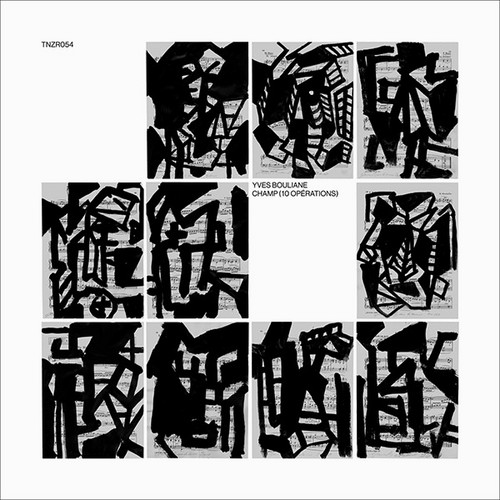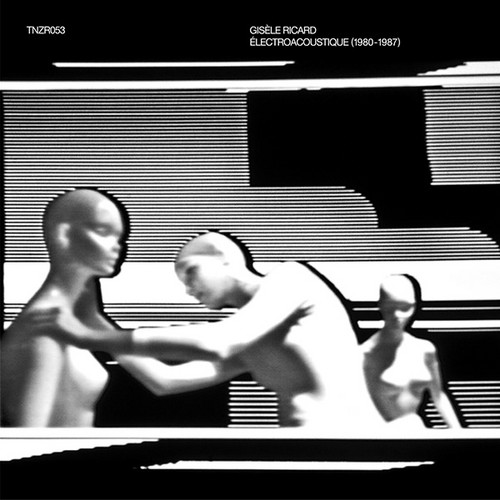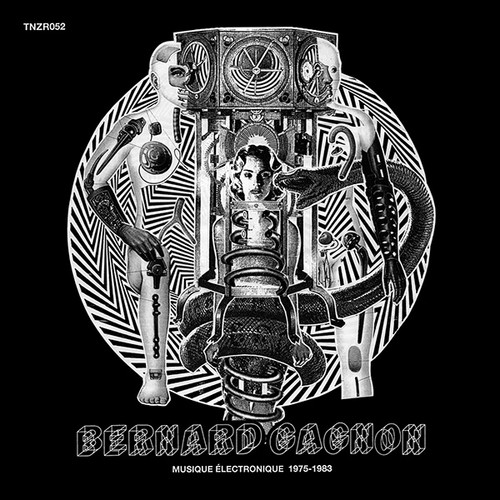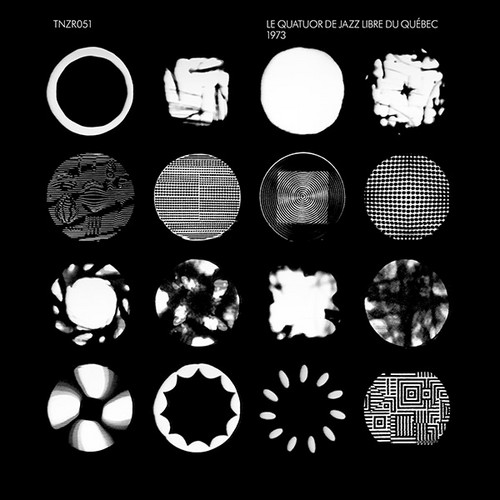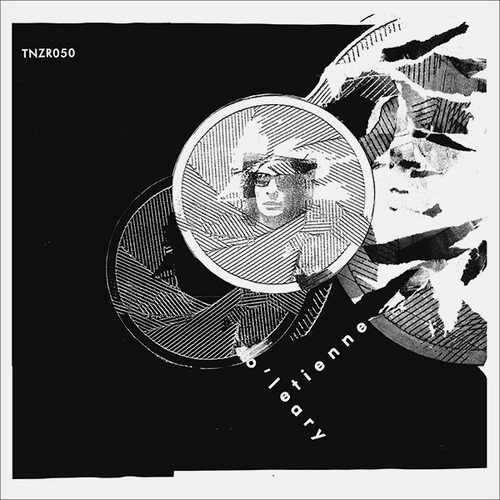★Tenzier
Rien ô tout ou linéaire un
Born in Montreal in 1940, Guy Thouin is a true original. He played drums in a variety of small bands prior to enrolling at Montreal’s School of Fine Arts where he studied sculpture and refined his understanding of the contemporary art world. By 1965, he had acquired a taste for all things experimental. Around then, he turned to collective improvisation – an experience that led him to explore free jazz and other forms of experimental music. He helped cofound Quatuor de jazz libre du Québec (1967)…
Tant pis 81-82
Best known as an electronic duo, Cham-pang became a fixture of the Montreal new wave scene in 1981 with the release of a two-song EP on YUL Records (“Tantum Ergo” b/w “Ne mourrez pas”). The session featured Men without Hats’ Allan McCarthy on electronics and Yvel Champagne on vocals, although the group also depended on contributions from Mario Spezza of Rational Youth and Pyer Desrochers. A multidisciplinary artist with a singular voice and an arresting presence, Champagne then joined force with…
Champ (10 operations)
Cello solo. Recorded on January 15, 1977. Originally released as a limited edition audio cassette (10 copies). Yves Bouliane studied double bass with Roland Desjardins at the Montreal Conservatory in the early 1970s. Not yet twenty, he had been improvising with Robert M. Lepage since 1969. Together, they formed the Trio Expansible, a group that evolved continuously in the early part of the decade (Roger Boudreau, Vincent Dionne and other improvisers succeeded one another during the few years tha…
Electroacoustique (1980-1987)
Born into a musical family, Gisèle Ricard found herself drawn to the piano at an early age. In the mid-1960s, she undertook studies in performance and music education at Laval University’s School of Music in Quebec City. It is there that she was first introduced to electroacoustic composition. Created in 1969 by Nil Parent, the university’s electronic music studio (SMEUL) offered Quebec’s francophone experimentalists a stimulating environment in which to create. In 1974, Ricard cofounded the Gro…
Musique Electronique (1975-1983)
"This lovingly produced and gorgeously packaged LP contains seven previously unreleased electronic pieces that Gagnon realized at McGill University’s Electronic Music Studio. Leading off the proceedings is “Gwendoline Descendue!,” an electronics/tape piece crafted from snippets of Moog modular tones and a variety of instruments created by Hugh Le Caine. It’s a dramatic sample of sci-fi movie elements and jarring bursts of sound that heighten the tension. “Sea Lunch” was created with the not-quit…
1973
Formed in 1967, the Quatuor de jazz libre du Québec (QJLQ) was a force to be reckoned with in post-Quiet Revolution Quebec. Between 1967 and 1970, the QJLQ shared the stage with artists such as Louise Forestier, Robert Charlebois and l'Infonie. It promoted improvised music as a means of bringing about real social and cultural changes in Quebec. In 1970, the QJLQ established a colonie artistique in Val-David. It also acquired land - the Petit Québec Libre - in an effort to offer artists and…
Musiques de films (1966-1968)
** Edition of 300 copies on 180 gram vinyl ** Awesome and obscure musician/film director, Étienne O’Leary made essentially three experimental films completed in Paris between 1966 and 1968. Day Tripper, Homeo (aka Homeo: Minor Death: Coming Back from Going Home) and Chromo Sud constitute a cinema of resistance. These brutally personal and subversive films form a body of work with few precedents. O’Leary’s contribution to French underground cinema is not, however, limited to the introduction of a…
